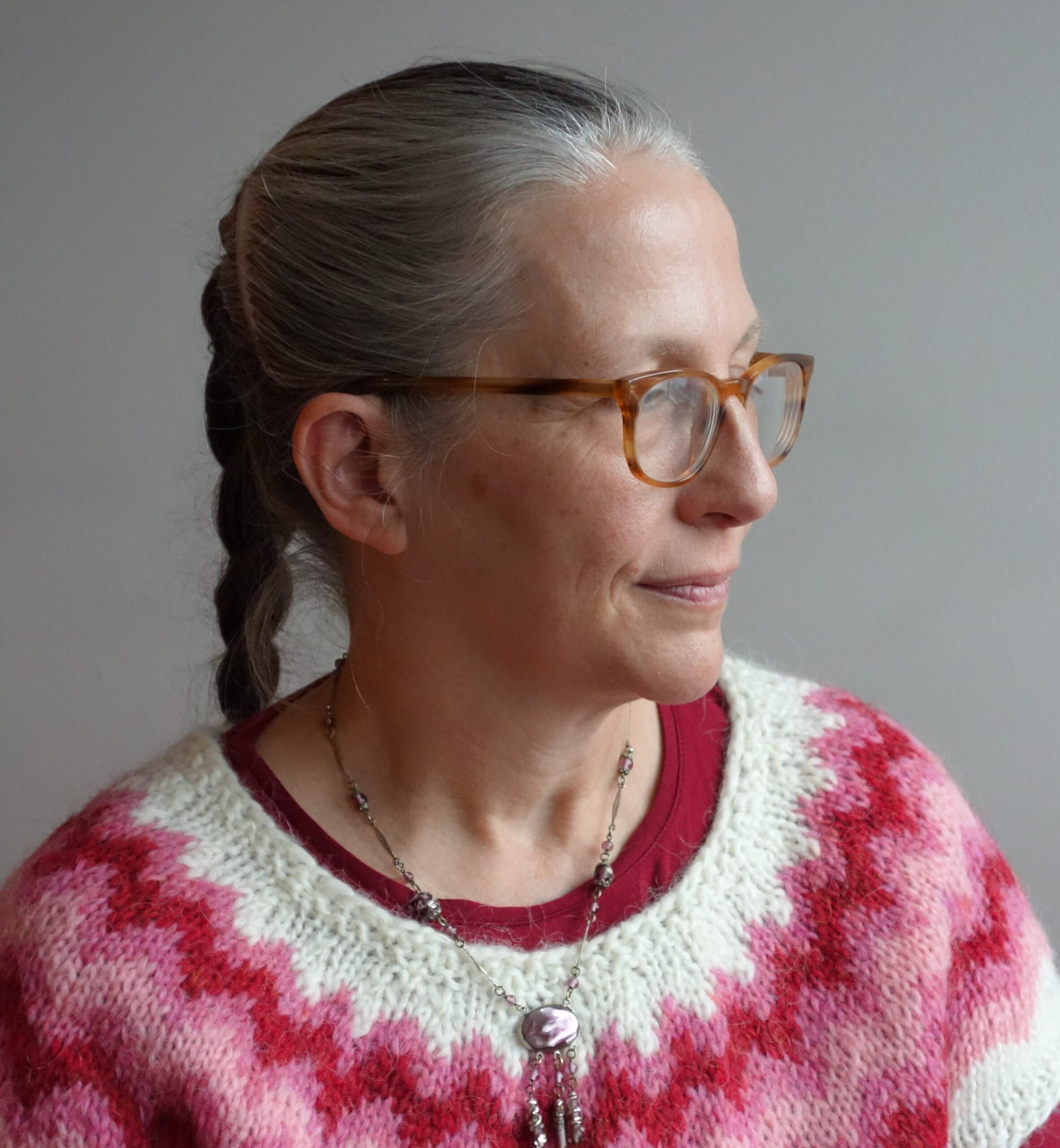Teaching Politics for Democracy’s Future
Friday, February 10, 2023 | 1:00 p.m. – 2:15 p.m.
Jyl J. Josephson
Rutgers University – Newark 
Jyl J. Josephson is Professor of Political Science and Women’s and Gender Studies at Rutgers University-Newark. She writes on democracy as well as on gender, sexuality, and public policy, and has also written on community engaged pedagogy. Her most recent book is Rethinking Sexual Citizenship (SUNY 2016) and she is co-editor with Cynthia Burack of the Queer Politics and Cultures series for SUNY Press. Her work has been published in journals such as Journal of Political Science Education, Politics and Gender, New Political Science, Perspectives on Politics, Trans Studies Quarterly, and Feminist Formations. She is completing a manuscript titled Democracy and Higher Education and has ongoing projects on community organizing, and on feminist, queer, and trans activism in Iceland. She can be reached at jylj@rutgers.edu
Session Description:
This moment presents many challenges for those of us engaged in teaching and learning about politics. The COVID-19 pandemic, deepening criticism and skepticism of higher education, racism, sexism, homophobia, transphobia, ongoing structural inequalities and injustices within and across nation-states, climate change, and deep political divisions are just a few of the factors that set the context for thinking about how we should teach politics for democracy’s future. Some of the ways forward can be found through conversations within the discipline. Especially encouraging with respect to some of these challenges are the conversations that have taken place at TLC meetings over the past two decades about civic education, inclusive and anti-racist pedagogy, and rethinking the undergraduate political science major.
But some of the ways forward on teaching politics will come from outside of the discipline, and we may have a good deal to learn from ordinary people: political activists, community organizers, and faith and nonprofit leaders who are addressing pressing political issues in their communities. Maybe we need outside-in political science, treating the leaders in our communities as a resource for our students as well as for the development of deeper knowledge about politics. I will discuss my own work with this kind of pedagogical experiment, teaching a community engaged class on community organizing in partnership with a local power organization, and working with departmental colleagues to develop several community engaged courses. This work also draws on my own community engagement as a leader in the organization, as well as my work as a leader in the interactive strategic planning process within Rutgers University-Newark that led to greater university wide engagement with the community. Building on this example, the talk will then address some of the challenges facing the discipline of political science and higher education more generally. Many political scientists see an urgent need for the discipline to speak to our current moment. If this is our moment as political scientists, what shall we do? How do we re-energize political science education? Engaging with our communities is not only rewarding; it can also bring joy and meaning to teaching and learning. Most of us became political scientists because we are interested in politics. Maybe we need to see our students and our classrooms and our communities as places to learn the art of politics. As one of my favorite organizers says, “It could be fun!”